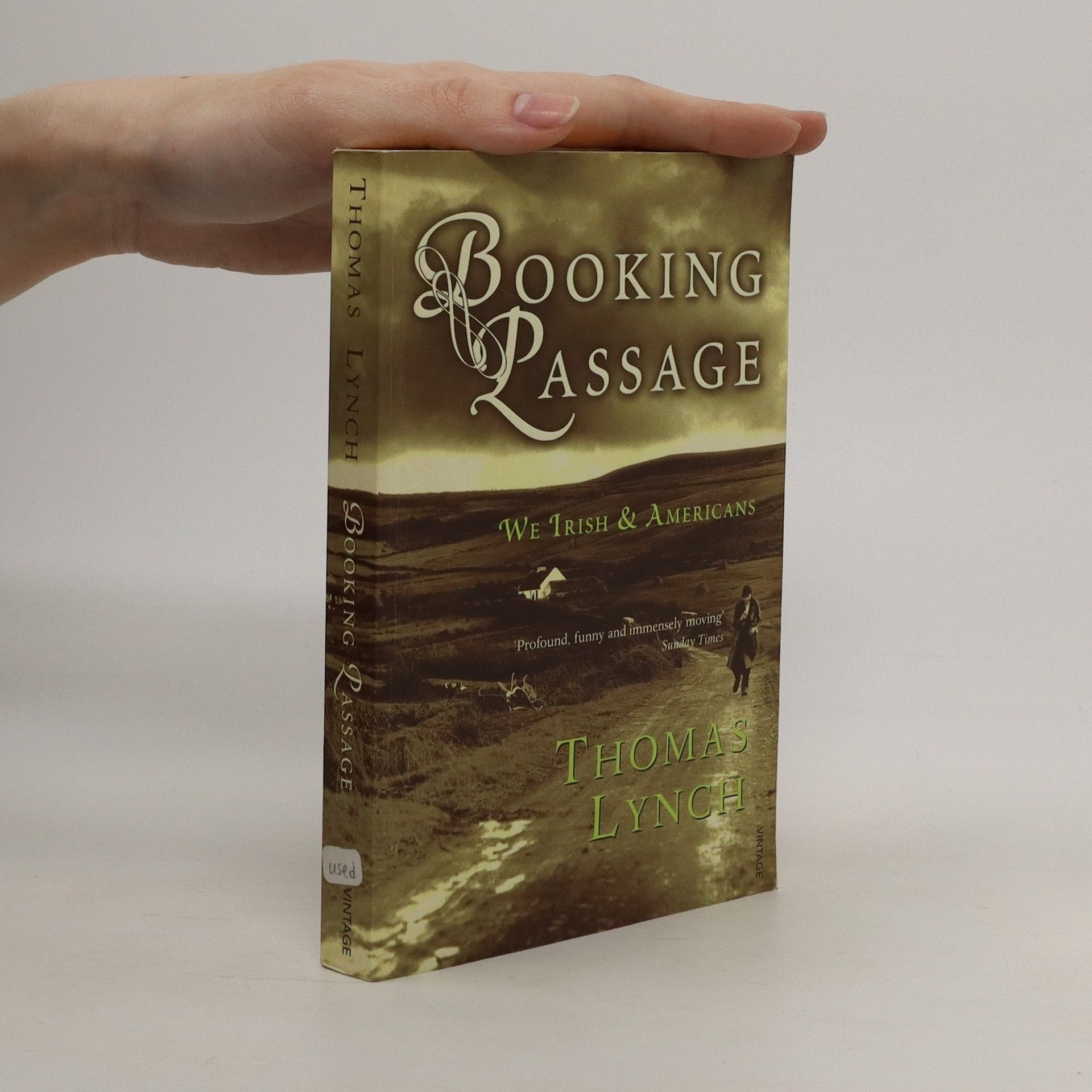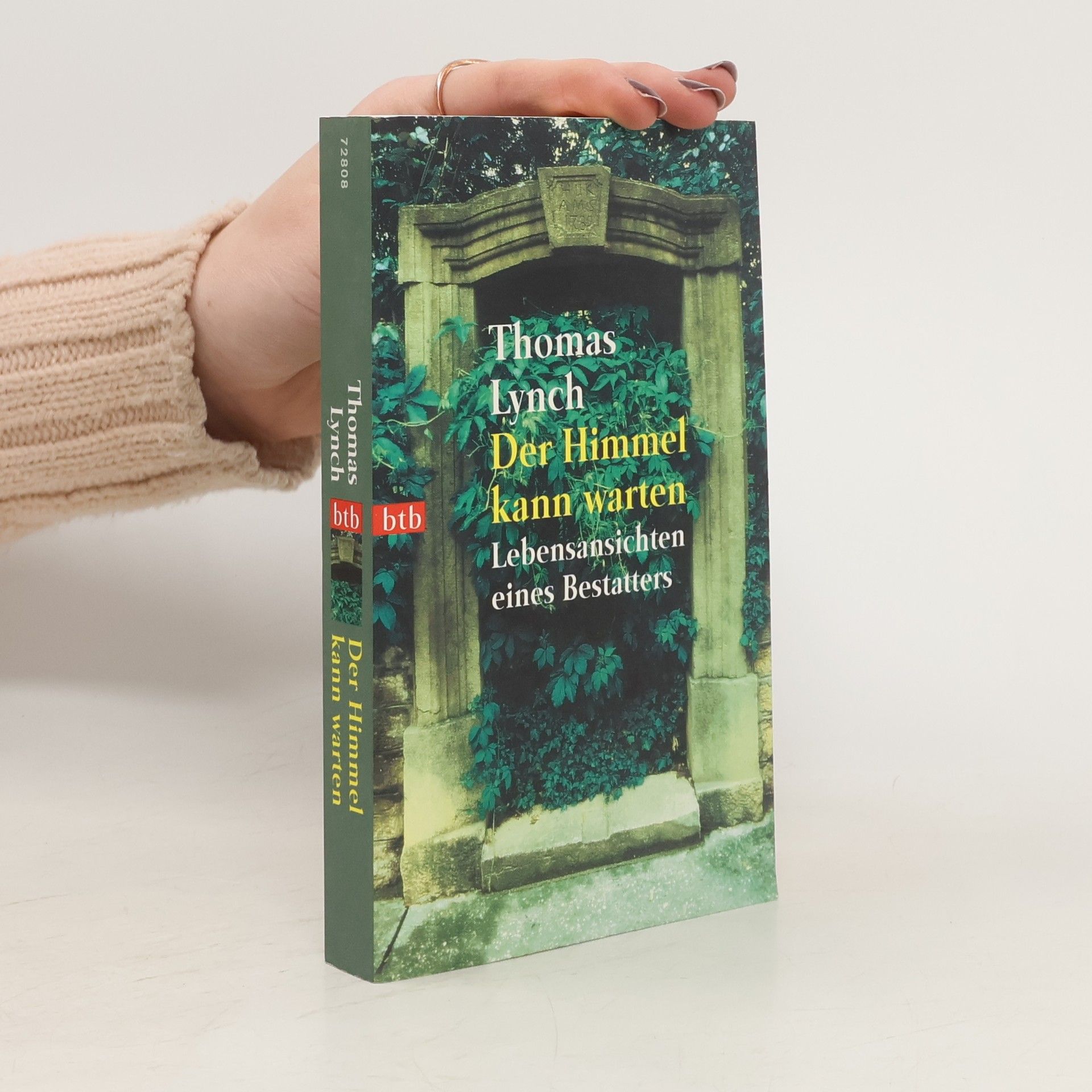Trening umiejętności RO DBT Samokontrola to kluczowa metoda dla osób z problemami związanymi z nadmierną kontrolą emocji i zachowań. Zbyt wysoka kontrola może prowadzić do cierpienia, manifestując się w zaburzeniach takich jak depresja, anoreksja czy OCD. Radykalnie otwarta terapia dialektyczno-behawioralna (RO DBT) została stworzona, aby pomóc w takich przypadkach. Thomas R. Lynch, autor tej metody, łączy różne podejścia, aby przełamać sztywność poznawczą i kompulsywne tendencje, kładąc nacisk na elastyczność, otwartość oraz więzi społeczne. RO DBT uczy, jak odpuścić kontrolę, radzić sobie w relacjach interpersonalnych oraz poprawnie interpretować sygnały społeczne. Publikacja zawiera przegląd teorii oraz konkretne interwencje, które pomagają w zrozumieniu założeń RO DBT. Dodatkowo, praktyczne informacje dotyczące nauczania, ćwiczeń i konspektów wspierają wdrażanie rozwiązań w terapii. Wskazówki kliniczne pomagają radzić sobie z nieprzystosowawczymi zachowaniami. Książka stanowi cenne narzędzie dla psychologów i psychiatrów pracujących z osobami z nadmierną kontrolą, oferując konkretne scenariusze zajęć oraz elastyczne podejście do nauki nowych umiejętności.
Thomas Lynch Book order (chronological)
Thomas Lynch is an accomplished author of multiple collections of poetry, short stories, and essays. Working as a funeral director in Milford, Michigan, and teaching at the Bear River Writer’s Conference, he imbues his literary work with profound insights into the human condition. His writing often delves into the deeper themes of life, death, and existence, exploring the profound and the everyday with equal grace. Lynch's distinctive voice and penetrating perspective on these universal questions make his work resonate deeply with readers.






Bone Rosary
- 256 pages
- 9 hours of reading
America's much celebrated poet-undertaker Thomas Lynch is renowned for his thought-provoking poems on life, faith, doubt and death. This new retrospective shows the passage of his work over time, 'a pilgrimage of sorts through growing old and facing death - subjects that caregivers know all too well.
Father Flanagan's Ireland: Birthplace of a Dream
- 104 pages
- 4 hours of reading
Set against the backdrop of Ireland's stunning landscapes, this photographic book captures the essence of Father Flanagan's early life. Growing up in a large, loving family, he experienced a childhood rich with stories, songs, and the simple joys of rural life. As the "little shepherd boy" in Ballymoe, he developed a deep appreciation for the beauty surrounding him, which would later inspire his virtuous path. The narrative highlights how his formative experiences shaped his character and influenced generations of artists, poets, and philosophers.
The Undertaking: Life Studies from the Dismal Trade
- 224 pages
- 8 hours of reading
Exploring the intersection of life and death, the author shares profound insights from his unique role as a funeral director in a small Michigan town. With a blend of poetic reflection and personal narrative, he candidly discusses the rituals of burial and cremation, revealing the emotional landscapes of grief and loss. Through his experiences, he offers a thoughtful meditation on mortality, community, and the human condition, making this work both a poignant memoir and a philosophical exploration of death's impact on life.
Booking passage. We Irish & Americans
- 320 pages
- 12 hours of reading
Part travelogue, part cultural study, memoir and elegy, 'Booking Passage' is a guidebook for what Lynch calls 'fellow pilgrims' working their way through their own and the larger histories.
Der Himmel kann warten. Lebensansichten eines Bestatters. Aus d. Amerikan. v. Stefan Barmann
- 283 pages
- 10 hours of reading
Thomas Lynch erforscht die Themen Leben und Tod, indem er dem Unsagbaren Ausdruck verleiht. Seine Aufsätze, die persönliche Erfahrungen einbeziehen, sind humorvoll, bewegend und lyrisch, und reflektieren die menschliche Existenz zwischen Liebe, Schmerz, Hoffnung und Verzweiflung.
Ha! Ha! Ha!
- 128 pages
- 5 hours of reading
A collection of games, puzzles, jokes, and riddles.
The Undertaking
- 256 pages
- 9 hours of reading
Like all poets inspired by death, Lynch is, unlike others, also hired to bury the dead or to cremate them in a small Michigan town where he serves as funeral director. In this book, Lynch names the hurts and shapes the questions posed by the familiar mystery known as death.
